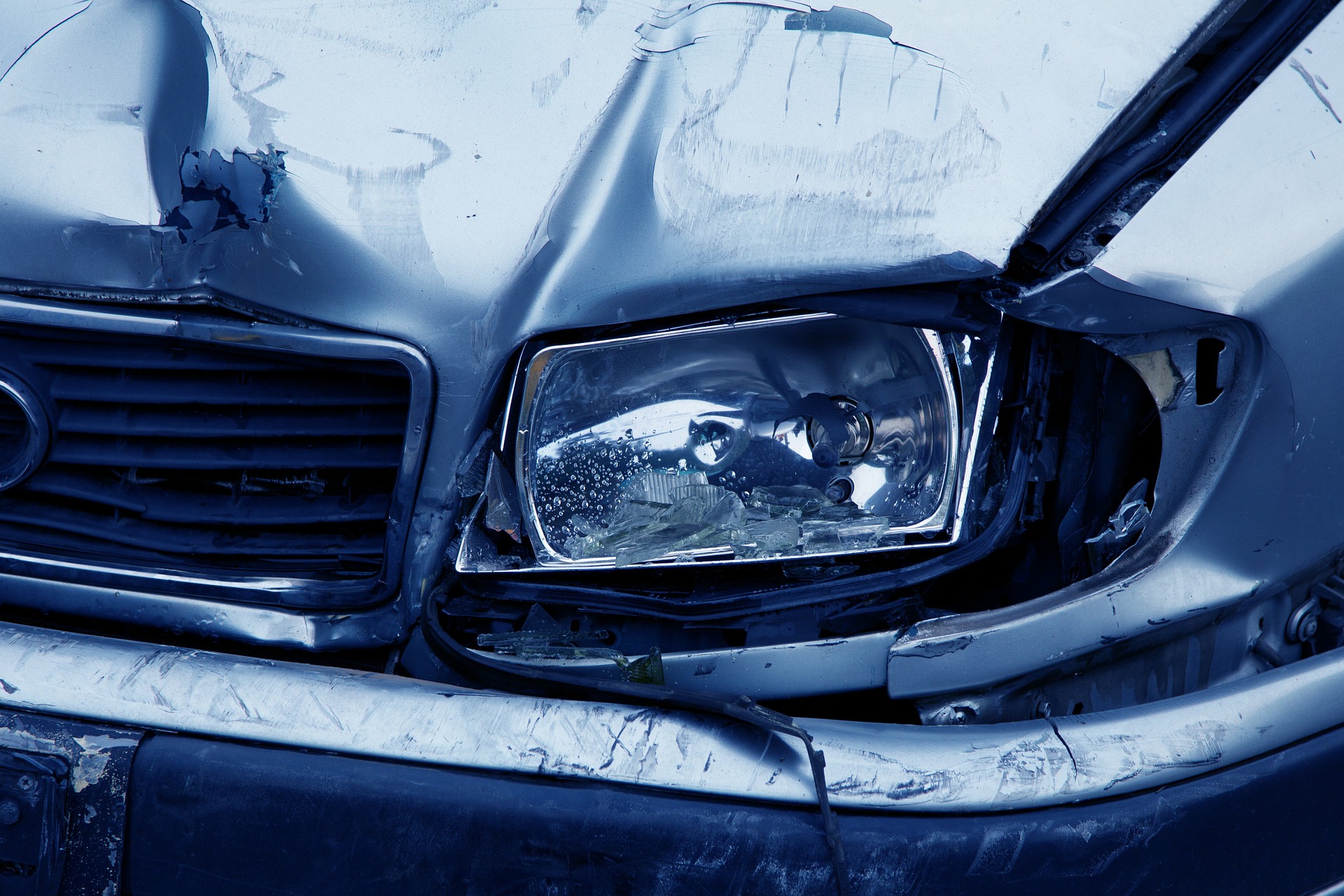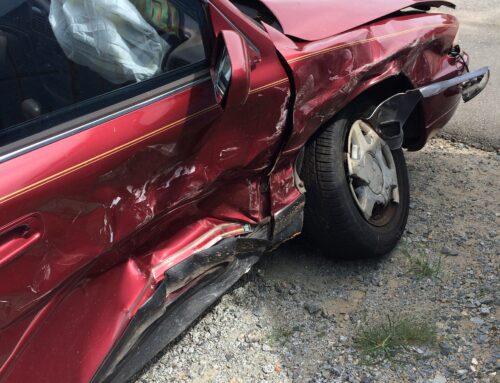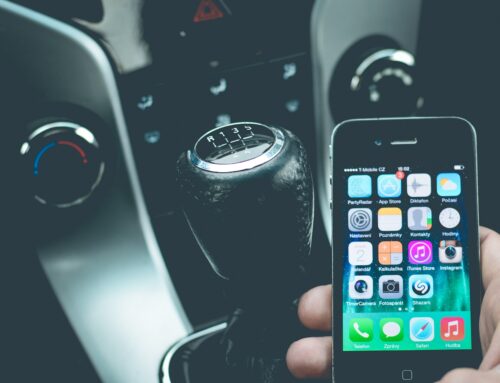When deciding on the proper insurance coverage levels for your car, it can get confusing. You may wonder which insurances are mandatory, and which are optional – as well as how much each will cost you out of pocket. While out-of-pocket expense is great for budgeting, you also need to determine how much you will be responsible for should something occur. Do you pay for more coverage now, and pay less later? Or vice versa?
In order to help you to determine the best insurance coverage for you, let’s start with defining two of the most popular coverages – comprehensive insurance and collision insurance.

What is Comprehensive Insurance?
Comprehensive insurance covers damages which are not caused by your car hitting something else. These occurrences are commonly referred to as “acts of God”.
Damage from natural disasters (hurricanes, tornados), fire or explosions, vandalism, theft, falling tree branches, or impact from hitting an animal would all be covered under the comprehensive portion of your insurance. These events are generally out of your control.
What is Collision Insurance?
Collision insurance comes into play when you are involved in a crash with another vehicle, or if your vehicle collides with a fixed object (such as a tree or center median). Most car accidents will fall under this umbrella. Additional common causes of needing collision insurance include a car flipping over. hitting a parked car, or driving your car into a ditch.
Collision insurance allows you to file a claim and receive reimbursement regardless of who was at fault. For instance, if someone hit your car and didn’t leave a note while you were inside a store, your collision insurance will cover it. Dealing solely with your own insurance company can save time and frustration.
Do I Need Both and Collision and Comprehensive Insurance?
Having both collision and comprehensive insurance will give you the most protection against ever having to pay a large amount out of pocket. Therefore, if it is possible, most insurance companies do recommend that you purchase both. There are some cases where collision damage makes more sense to obtain. If you lease your car, for instance, the dealership may insist on both coverage levels.
Neither collision or comprehensive insurance is required in order to drive a car in Florida. If you drive a car which is older than 10 years old, or worth less than $3,000 – many choose to forego collision insurance, as the premiums quickly add up to more than the car is worth.
Many people choose comprehensive coverage over collision if they drive an older vehicle. No matter what your car’s age, if it is stolen it may turn your life upside down. The money you would receive from your insurance company will at least help you to replace the vehicle.
What is the Minimum Coverage I Need to Drive in Florida? This state requires less coverage than many other states do. To drive in Florida, you need a minimum of Property Damage and Personal Injury Protection coverage. (read more here) Still, comprehensive, bodily injury, and collision damage are highly recommended for full protection in the event of an incident.
The best way to determine which insurance is right for you is to speak with a professional insurance agent. They can discuss your current lifestyle, driving habits, the age and value of your car and more, to determine your risks and vulnerabilities. Knowing these variables will help to determine what level of coverage, risk, and premium is right for you and your budget.









